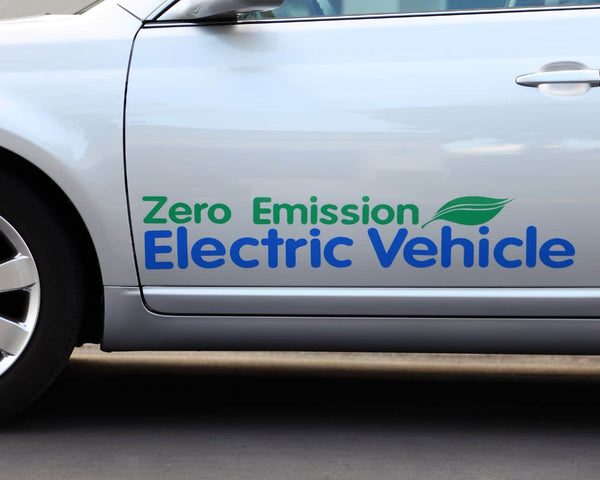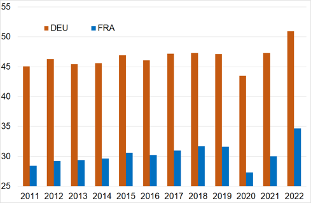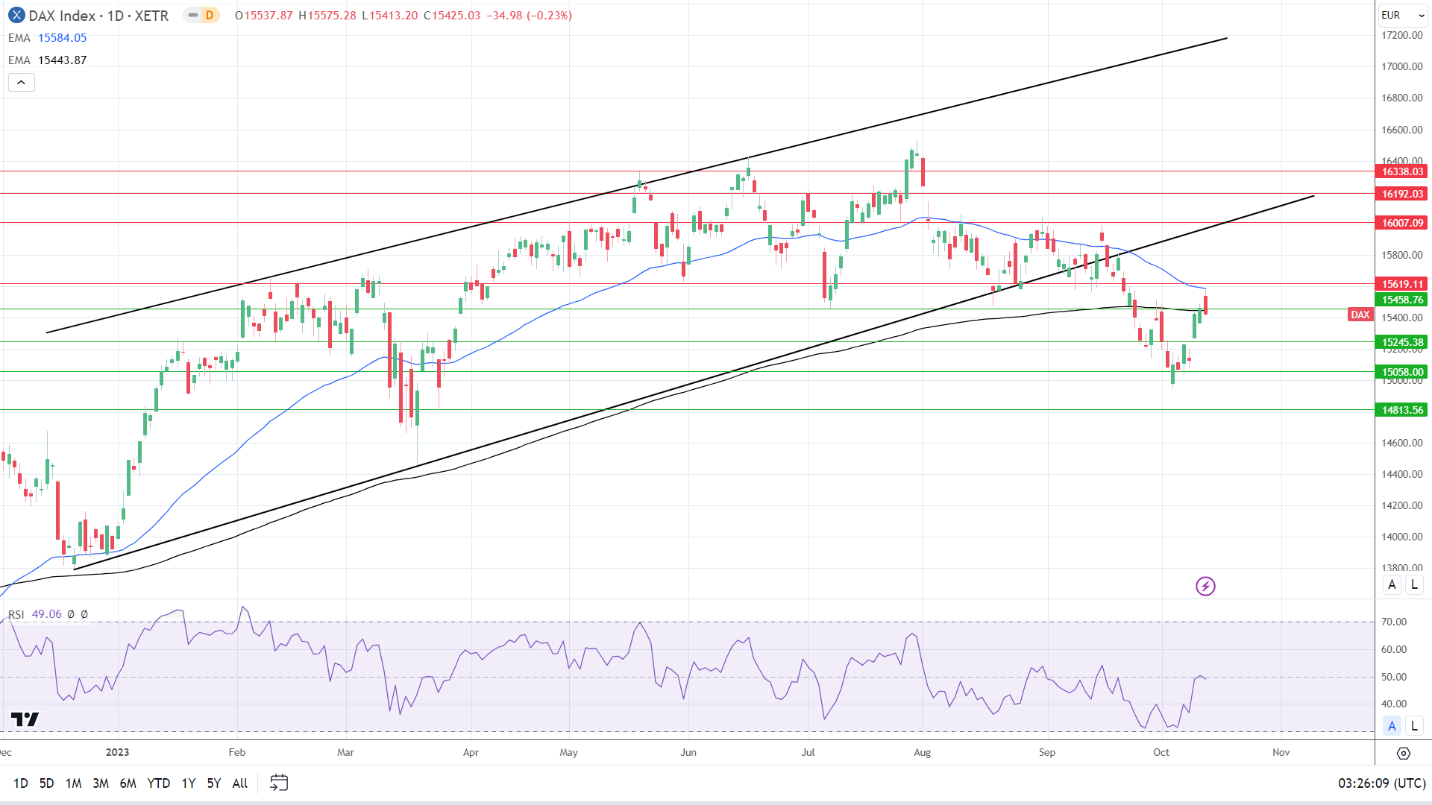Car Dealers Renew Fight Against EV Mandates

Table of Contents
Economic Concerns Fueling Dealer Resistance to EV Mandates
The transition to electric vehicles presents significant economic challenges for car dealerships. Implementing EV mandates without adequate support creates substantial financial burdens that threaten the viability of many businesses. These economic concerns are at the heart of the dealers' resistance.
-
High upfront costs of EV inventory: Electric vehicles often have higher sticker prices than their internal combustion engine (ICE) counterparts. This means dealerships must invest more capital in inventory, tying up significant funds and potentially reducing profit margins.
-
Lack of government support for infrastructure development at dealerships: Installing the necessary EV charging infrastructure, including fast chargers and appropriate electrical upgrades, requires substantial investment. Dealerships argue that they lack sufficient government support to offset these significant costs.
-
Uncertain consumer demand for EVs in certain regions: While EV adoption is increasing, consumer demand varies greatly depending on geographic location, infrastructure availability, and consumer purchasing power. Dealers in areas with lower EV demand worry about being stuck with unsold inventory.
-
Increased training requirements for technicians: Working on electric vehicles requires specialized training and certification for technicians. This necessitates additional investment in employee training and development, further adding to the financial strain on dealerships. The lack of readily available, affordable training programs exacerbates this problem.
Concerns About Consumer Readiness for Widespread EV Adoption
Even with the increasing popularity of EVs, significant hurdles remain regarding consumer readiness for widespread adoption. These concerns fuel the dealers' argument against aggressive EV mandates.
-
Limited charging station availability in many areas: Range anxiety remains a primary concern for potential EV buyers. The lack of readily accessible public charging stations, especially in rural areas, significantly limits the practicality of EV ownership for many consumers.
-
Concerns about long charging times compared to gasoline refueling: While charging technology is improving, filling an EV's battery still takes considerably longer than filling a gasoline tank. This inconvenience deters some potential buyers.
-
Higher initial cost of EVs compared to gasoline-powered vehicles: The higher upfront purchase price of EVs, even with government incentives, remains a barrier to entry for many consumers, particularly those with budget constraints.
-
Lack of public awareness about EV benefits and incentives: Many consumers are unaware of the various environmental and financial benefits of owning an EV, as well as the available tax credits and other government incentives. Improved public education campaigns are crucial to address this knowledge gap.
The Argument for a Phased Approach to EV Mandates
Car dealers are advocating for a phased approach to EV mandates, arguing that a gradual transition would allow the market to adjust and consumers to become more comfortable with electric vehicles. This phased approach would mitigate the risks and challenges associated with a rapid and forced shift.
-
Gradual increase in EV sales quotas: Instead of imposing drastic quotas immediately, a gradual increase in the percentage of EV sales required would give dealerships time to adapt their infrastructure and inventory.
-
Increased government investment in EV charging infrastructure: Significant public investment in expanding the charging network is critical to alleviate range anxiety and encourage EV adoption. This should include a focus on underserved areas.
-
Targeted consumer education campaigns to promote EV adoption: Government-led campaigns can educate consumers about the benefits of EVs, dispel common misconceptions, and promote the availability of financial incentives.
-
Financial incentives for both consumers and dealers: Providing financial support to both consumers (through tax credits and rebates) and dealers (through grants and subsidies for infrastructure upgrades) would encourage a smoother transition.
Political and Legal Ramifications of the Ongoing Dispute
The ongoing conflict between car dealerships and lawmakers over EV mandates has significant political and legal ramifications. The resistance is not just an economic issue; it's a political battle with potential legal challenges.
-
Lobbying efforts by dealer associations: Powerful dealer associations are actively lobbying lawmakers to reconsider or modify the EV mandates, wielding significant political influence.
-
Potential lawsuits challenging the legality of the mandates: Dealerships may initiate legal challenges, arguing that the mandates are economically unfeasible or infringe on their rights.
-
Political pressure on lawmakers to reconsider the mandates: The political pressure from dealer associations and their constituents could force lawmakers to reassess the implementation timeline and approach of EV mandates.
-
Impact on the overall EV adoption timeline: The ongoing dispute could significantly delay the widespread adoption of electric vehicles, potentially hindering the progress towards cleaner transportation.
Conclusion: Navigating the Future of EV Adoption Amid Dealer Opposition
The renewed fight against EV mandates by car dealerships highlights a complex interplay of economic concerns, consumer readiness issues, and political considerations. The dealers' call for a phased approach underscores the need for a balanced strategy that considers the challenges faced by the industry while still pushing toward a sustainable transportation future. Understanding the complexities surrounding EV mandates is crucial for shaping the future of sustainable transportation. Stay informed and engage in the conversation to contribute to a balanced approach to electric vehicle adoption.

Featured Posts
-
 Remembering A Happy Day February 20 2025
Apr 27, 2025
Remembering A Happy Day February 20 2025
Apr 27, 2025 -
 Months Long Lingering Of Toxic Chemicals From Ohio Train Derailment In Buildings
Apr 27, 2025
Months Long Lingering Of Toxic Chemicals From Ohio Train Derailment In Buildings
Apr 27, 2025 -
 A Happy Day Checklist February 20 2025
Apr 27, 2025
A Happy Day Checklist February 20 2025
Apr 27, 2025 -
 Justin Herbert Chargers 2025 Season Opener In Brazil
Apr 27, 2025
Justin Herbert Chargers 2025 Season Opener In Brazil
Apr 27, 2025 -
 February 20 2025 Ideas For A Happy Day
Apr 27, 2025
February 20 2025 Ideas For A Happy Day
Apr 27, 2025
Latest Posts
-
 Analyzing The Dax The Role Of Politics And Business In Market Fluctuations
Apr 27, 2025
Analyzing The Dax The Role Of Politics And Business In Market Fluctuations
Apr 27, 2025 -
 Bundestag Elections And Their Effect On The Dax Index
Apr 27, 2025
Bundestag Elections And Their Effect On The Dax Index
Apr 27, 2025 -
 German Stock Market Dax Election And Economic Influences
Apr 27, 2025
German Stock Market Dax Election And Economic Influences
Apr 27, 2025 -
 Dax Performance Impact Of German Elections And Business Data
Apr 27, 2025
Dax Performance Impact Of German Elections And Business Data
Apr 27, 2025 -
 Dax Bundestag Elections And Economic Indicators
Apr 27, 2025
Dax Bundestag Elections And Economic Indicators
Apr 27, 2025
